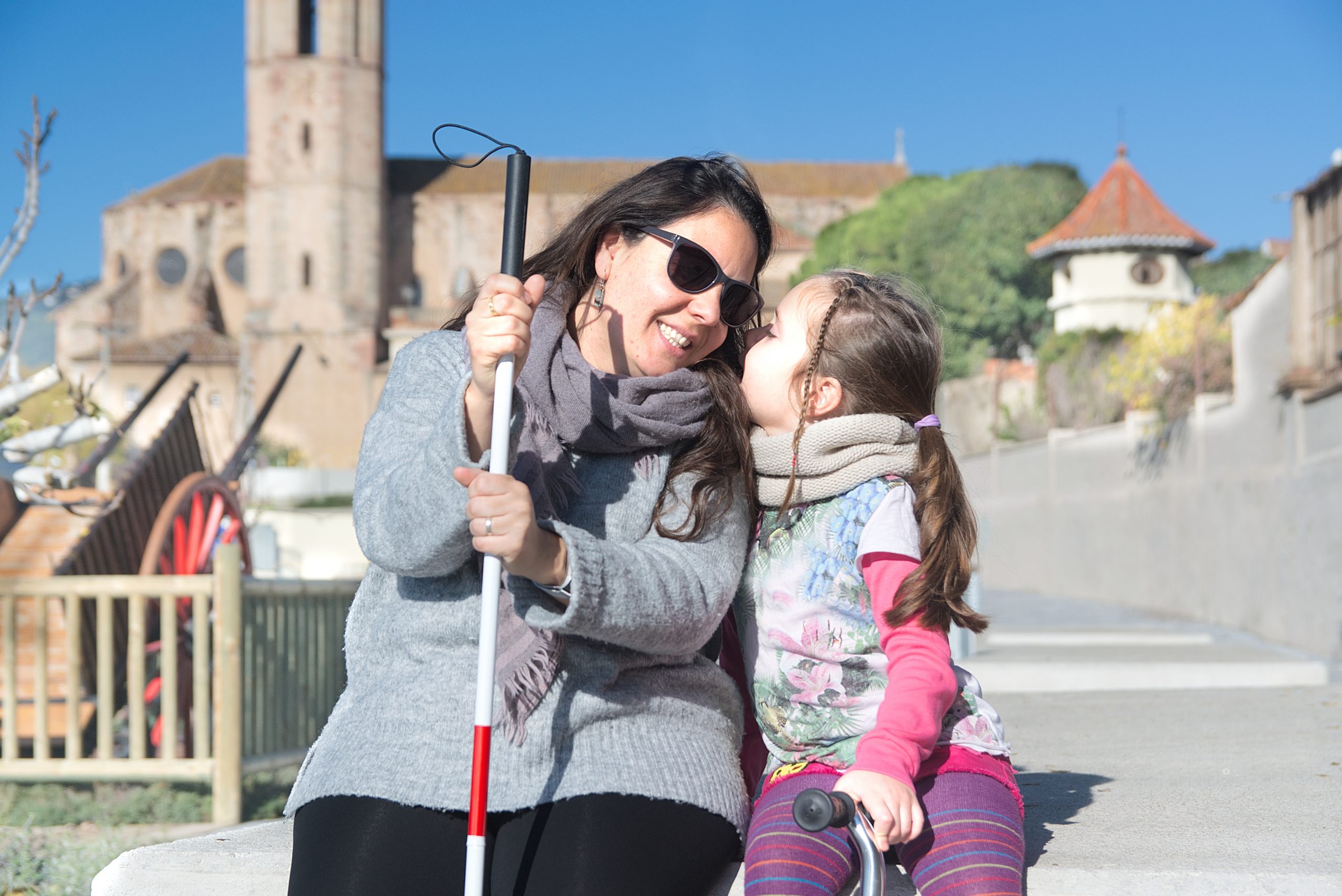Knowledge is power and we believe that having the information you need, when you need it, helps to break down the barriers that exclude disabled people.
Since 1999 we have been providing disabled people in Scotland and those who support them with impartial, accurate and helpful information on the topics and services they ask us about.

We help to guide disabled people through the maze of disability information; you can find information by:
- calling our telephone helpline 0300 323 9961
- sending us a text or email
- using our website contact form
- searching our online Scottish Disability Directory
- looking at our information guides and accessible information resources.
Our vision
Sharing information, enabling change: we support positive change by sharing information on disability when people need it, in a way they want it.
Mission statement
We provide reliable, accurate and accessible information throughout Scotland. We want to ensure that disability information is accessible to all and has a positive impact on the lives of disabled people and the people who support them. We provide information in the way people would like it to be provided.
Values
Our values inspire and inform all that we do:
- Equal: we believe in equality of opportunity for all and subscribe to the social model of disability.
- Sharing: we consider the sharing of knowledge and information to be one of the most powerful tools in enabling change.
- Person-centred: we strive to provide a high quality, tailored, person-centred service.
- Together: we believe in the importance of building meaningful relationships with everyone we encounter.
If you’d like to learn more about us, please see our latest Report and Financial Statement for the year ended 31st March 2024.
What makes us different
Our team listen to disabled people’s concerns every day, so if you contact us, you don’t have to explain about disability.
Empowering people
John emailed the helpline to ask whether there was any financial help available to install ramps and handrails in his home. His disability means that he has problems moving around his home and he has recently had a bad fall. Our helpline worker gave John information the help his local council could provide, how to apply, and support available from his local Care and Repair service.
Providing tailored information
Melanie rang us as she planned to visit Edinburgh. She finds walking distances difficult and was looking for information about transport, accommodation and accessible tourist venues in Edinburgh. We talked Melanie through options for accessible public transport, sightseeing and accommodation and sent her a pack of information to refer to as she travelled. She told us she enjoyed her trip, and found our information really useful.
Knowing your rights
Pauline rang the helpline unhappy about the social work support her adult son was receiving from their local council. She wanted to know how they could challenge a decision they disagreed with. We let Pauline know about her local council’s complaints procedure and explained her son’s self-directed support options and her rights as a carer. We emailed information to her so she could discuss it with her son and they could plan what to say in the complaint. They were then confident to take forward their case with the council.
What is the social model of disability?
The social model of disability sees disability as a problem that society has, not a person’s condition or impairment. Therefore society should be challenged to address the barriers that exclude people, to create a more equal society.
